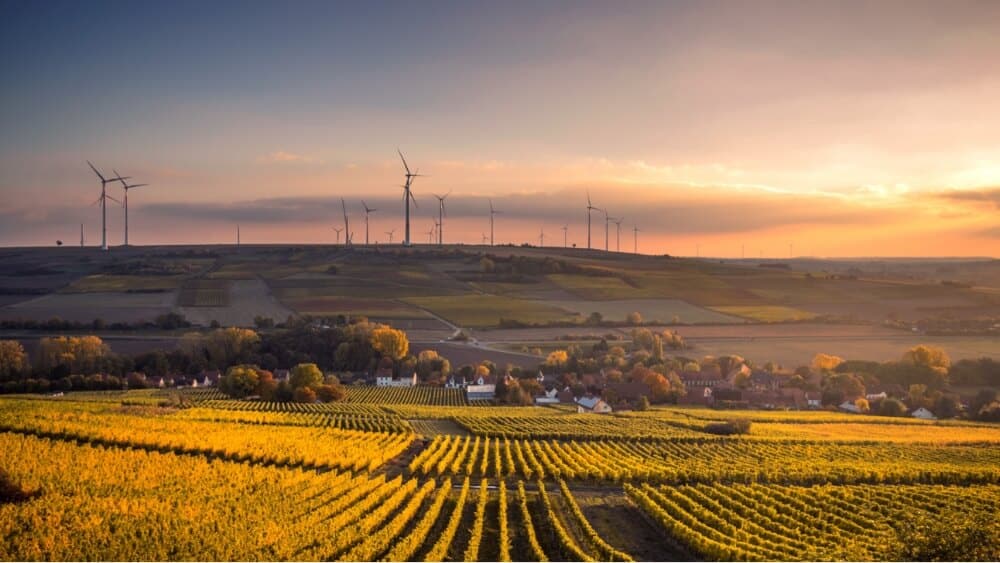
By purchasing government emissions units.

One component of the carbon market is managed by the government and is called the cap-and-trade system (CATS). Under the CATS, manufacturing companies considered “large emitters” of GHGs and hydrocarbon distributors are required by the government to have emission rights to emit GHGs. The Quebec government is limiting the number of GHG emission rights available on the carbon market (like a quota), so that large emitters can not only pay for emission rights, but are also forced to reduce their emissions to demonstrate compliance with the law.
In order to limit GHG emissions, the government not only limits the number of emission rights available, but reduces them each year. Fewer rights available mean less permissions to emit GHGs. This is a powerful way to achieve the GHG reduction targets that Quebec has set for itself.
Coop Carbone participates in the carbon market by purchasing emission rights that would have been used by large emitters. It thus ensures that large emitters have fewer emission rights and therefore forces them to further reduce their overall GHG emissions.
By offsetting my personal emissions, Coop Carbone transforms my contribution into a global impact on each and every occasion.
Coop Carbone allows me to buy credits that would have been used by large hydrocarbon emitters and distributors to emit more GHG. I am therefore taking away GHG emission rights directly from them through my own action.
All profits generated by Coop Carbone from the trading of GHG emission rights are reinvested in collective projects. These projects are located in different regions of Quebec and aim to reduce greenhouse gas emissions. For example, Coop Carbone aims to build a chain of agricultural biomethaniser cooperatives regionally as well as shared mobility projects and heat networks bringing together several users in urban areas.
A portion of my contribution is recovered by the government to contribute to the Electrification and Climate Change Fund to support businesses, municipalities and individual citizens in reducing GHG emissions and adaptation to climate change impacts. By doing so, I am directly contributing to the shift towards a strong, innovative and increasingly low-carbon economy.
Those who are committed to a personal approach in reducing GHG emissions can be inspired by best practices in measurement, reduction and compensation.
First, what is carbon offsetting? It is simply a matter of trying to offset one’s own CO₂ emissions.
If you do not have the opportunity to reduce your GHG emissions or if you are planning an activity with high emissions (flying for example), you can compensate. This compensation can be done either by purchasing an emission unit, which Coop Carbone is offering; by financing projects to reduce other emissions; or by acquiring offset credits offered by an organisation that has reduced the equivalent of your GHG emissions (by planting trees for example).
To calculate your emissions, you must consider these two main factors:
You must take into consideration the GHG emissions related to your trip according to the different types of transportation you use (car, motorcycle, truck, air transport, etc.).
The calculation of your emissions related to this category refers to the consumption of electricity and fuels for your residential use (heating, cooling, generator, etc.).
Once your emissions are calculated, you can compensate for them and reduce your carbon footprint.
Offset Your Emissions and Automatically Receive Our “Proud to Have Offset in Quebec” Badge.
By sharing the badge, you are showing that you are directly involved in the fight against global warming for the benefit of Quebec communities, as well as contributing to the visibility of our solidarity cooperative.
By sharing, you are supporting our mission and, most importantly, you are raising awareness among individuals within your personal and professional networks about the importance of acting now to limit global temperature rise and its harmful effects on the environment.
You will also receive an offset certificate attesting to your acquisition of emission units from Quebec’s cap-and-trade system.